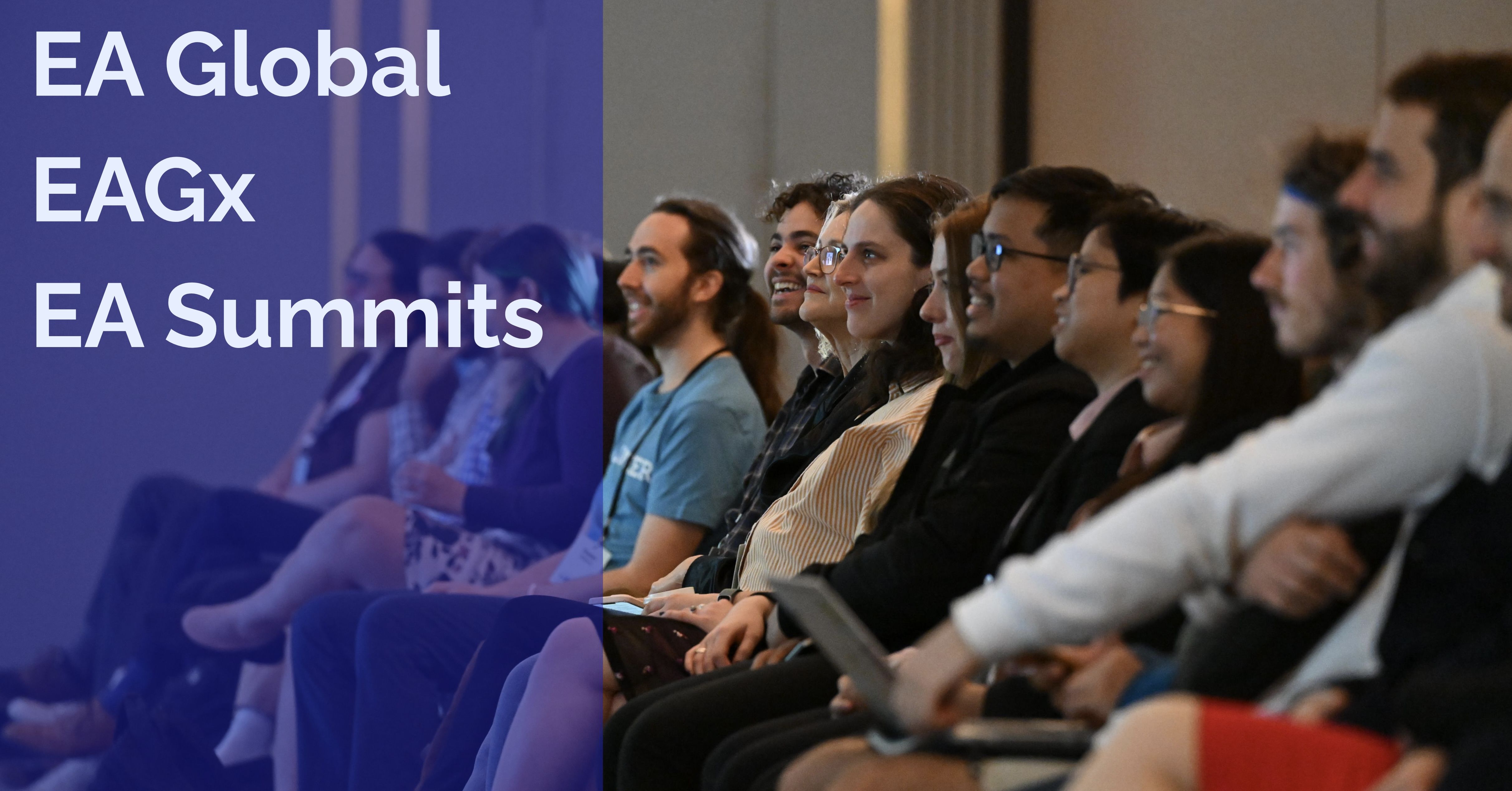Some thoughts on effective writing. I am thinking about entering Legal Priorities Project's competition, and it got me thinking about how to write. Most of the analysis here actually DOES NOT apply to this competition, unless 1) you are a busy professional doing highly impactful work already, 2) you make a lot of money and expect to have more impact that way, or 3) some combo of the above. But it does apply to your daily work if you write frequently in any capacity, and it applies to people in my situation debating whether to enter the competition.
TLDR: In most day to day work, you should not edit. You should edit more important work, in proportion to how much more important it is, starting with a second draft for work 5x as important as your ordinary day to day work.
Most of my job consists of writing. Despite the insistence of every "expert" to the contrary, I have always been pretty averse to editing my writing. Why? Because I have this vague feeling of "I already did this once; why am I wasting time doing it again instead of doing something new." But I realized today, for the first time, that I can actually quantify this! Just need to make some simplifying assumptions.
1. Pareto principle. You get 80% of results from 20% of effort. This doesn't always apply, but it pretty frequently does, and I don't have any reason to believe it would be inapplicable to writing. The work seems to fit the general pattern of diminishing marginal returns that any economist would warn you about, and Pareto is just a nice back of the envelope way to estimate many instances of the general pattern.
2. Ok then you have to explain what 100% of the effort would be. So I make the simplifying assumption that you could write 5 drafts of one project, and that this would be the "standard", =100% output for that project.
3. Each draft takes equal effort to the last. Which may be more or less true depending on your work style, so adjust accordingly.
4. All of your typical projects have about the same marginal value. If you are highly effective at prioritizing, this will not be true, and you should make appropriate adjustments to my numbers.
5. Your work time can be fully occupied by doing new work instead of revising old work if you choose to set your priorities that way.
Implications: one draft is 80% as good as five drafts.
Further implications: writing 5 "first draft"-quality documents is 80%*5=400% as good as writing one fully polished 5th draft.
So: write more, edit less.
When should you deviate from this? When the work is more important than your normal daily work. Applying 80-20 rule again. First draft=80% of total possible value of the project. Second draft=16% of total possible value. If a project is 5x as valuable as your typical daily work, then extracting that 16% is as good as getting 80% out of a standard new project, so doing the second draft is equal to doing a first draft of something new. At that rate, you might as well do the second draft. But the third draft only gets you 3.2% of the 5x project, or 16% of the 1x project. So you should only edit once. But for a 25x project, that third draft is suddenly worthwhile, because 3.2% of 25 =80% of 1. And so on.
So it turns out my anti-editing intuition is correct for day to day work, and needs some tweaking for more important projects.




This really depends on the context. An email trying to communicate something that is very specific to the time and context? --> don't spend too much time making it perfect.
If this is something many people will read, something that is going to contribute to your thinking and others' thinking, part of a larger project, part of an intellectual project... then editing may be extremely important because ...
OK, so maybe the individual piece you are working on has ~0 chance of being in the latter category anyways, so why edit it?
(See the discussion of 'Superstars' and Power/Pareto distributions in Economics)
Yes, I did read this, but it's just maybe a matter of different emphasis. I tend to think that more stuff people are working on is important enough to merit careful writing.
... (read more)